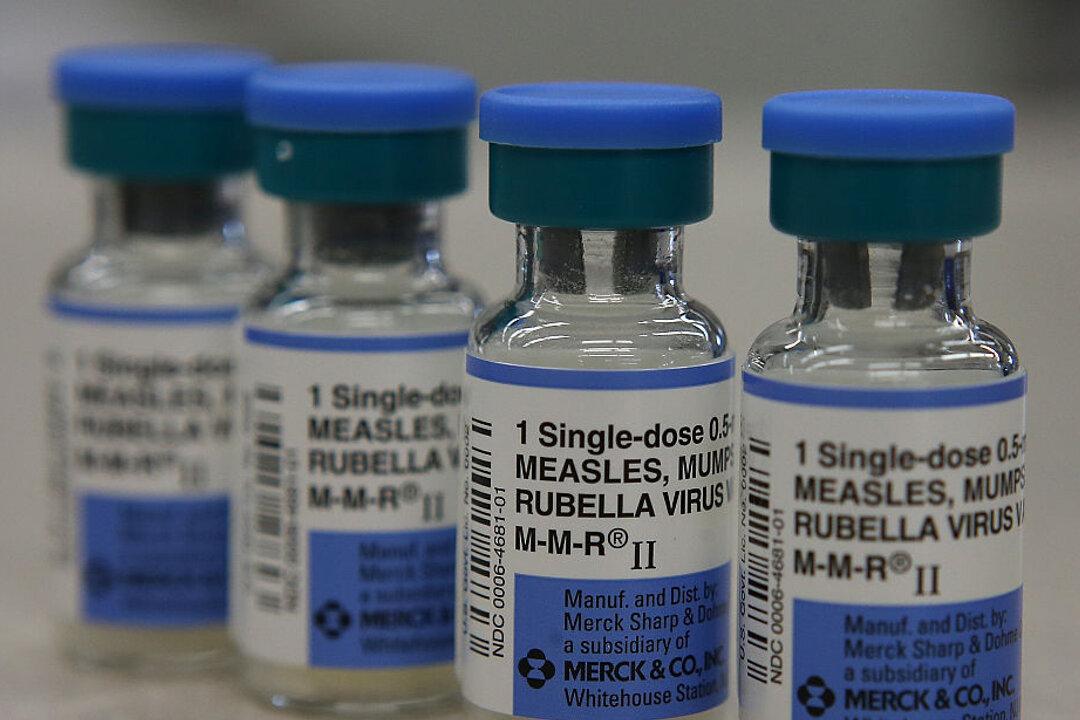Measles cases have been reported across 30 states in the United States since the start of the year and the Centers for Disease Control and Prevention (CDC) says that travelers are continuing to bring the disease into the country.
The CDC reported 1,215 cases of measles from Jan. 1 to Aug. 22, 75 percent of which are linked to outbreaks in New York and New York City. Most of the cases were of people who were not vaccinated against measles.





